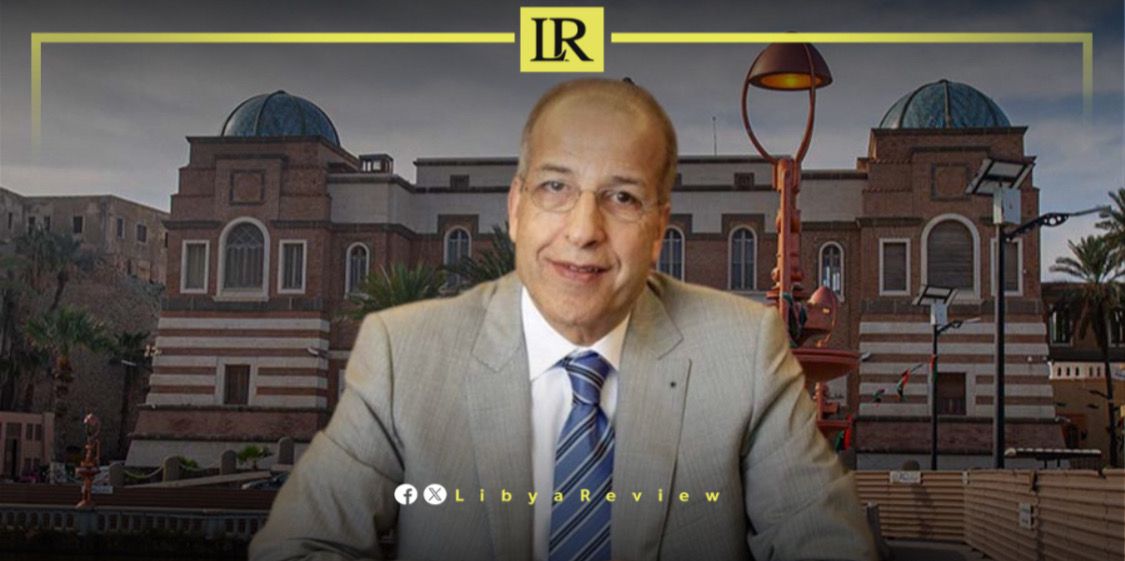On Sunday, Libya’s Presidential Council took a decisive step by unanimously removing Central Bank Governor Al-Siddiq Al-Kabir and appointing new leadership for the Central Bank of Libya.
This significant decision aims to protect the nation’s resources and ensure financial and economic stability amid ongoing challenges.
In a statement, the Council emphasized that this leadership change is essential for enhancing governance and institutional stability in Libya. The move is intended to reinforce the Central Bank’s ability to manage the country’s financial affairs effectively, ensuring that the nation’s economic foundation remains strong. The Council also assured international partners of its commitment to maintaining stability in Libya’s financial sector.
Mohamed Al-Shukri has been appointed as the new Governor of the Central Bank, according to the Council’s Decision No. 19 of 2024. This appointment is seen as a temporary measure until a permanent governor is agreed upon, in line with the political accords reached during the UN-facilitated Libyan dialogue, supported by key international players.
The decision has sparked controversy, particularly given a previous decree by the House of Representatives, which had halted Al-Shukri’s appointment and maintained Al-Siddiq Al-Kabir in his role, with Marai Al-Barassi as his deputy. The House argued that the delay in Al-Shukri assuming his duties justified the continuation of the existing leadership.
Despite this, the Presidential Council has moved forward with its decision, underscoring the complex political dynamics and power struggles that continue to shape Libya’s governance.
In recent years, the CBL has found itself at the center of Libya’s political conflicts, as different groups seek to control the country’s financial resources. The leadership of the CBL, particularly the role of the governor, has been a flashpoint in these struggles, reflecting broader power battles in post-2011 Libya.


